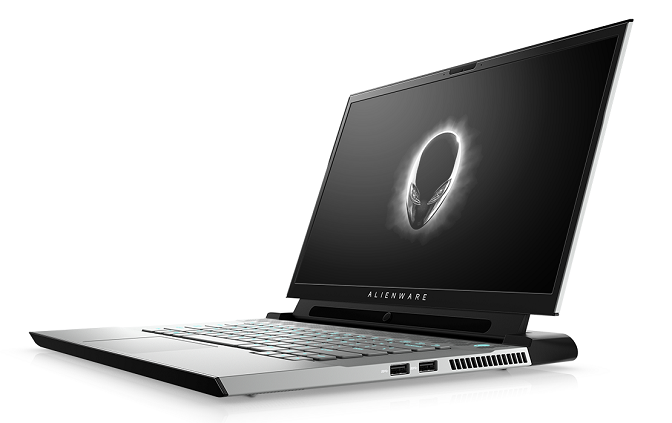Computex 2019: NVIDIA Unveils RTX Studio Laptops and Studio Drivers For Creators

NVIDIA Studio Laptops Offer Specialized Drivers and Software QA To Improve Stability For Creators’ Busy Workflows
Alongside NVIDIA’s hardware announcements (including Quadro RTX mobile GPUs), the graphics giant introduced a new initiative aimed at content creators dubbed NVIDIA Studio. The program includes RTX Studio branding and certification for laptops as well as NVIDIA Studio software stack which comprises Studio drivers, SDKs, and APIs on the software side of things. During Computex, NVIDIA revealed that it is working with seven laptop manufacturers to offer seventeen RTX Studio laptops at launch aimed at content creators doing 3D animation, high resolution video editing, live streaming, and other multi-app creative workflows while also taking advantage of hardware accelerated real time ray tracing, and AI processing thanks to Turing’s dedicated hardware RT and Tensor cores. According to NVIDIA, RTX Studio laptops featuring Geforce and Quadro RTX graphics offer up 7x the performance of Apple’s Macbook Pro without sacrificing battery life or stability.
NVIDIA Studio laptops will come in two flavors with either consumer level GeForce RTX (2080, 2070, or 2060) or professional Quadro RTX graphics (5000, 4000, 3000) with many of them featuring Max-Q designs and 4K displays. Studio laptops running Studio drivers reportedly undergo extensive testing and software QA focusing on multi-application workflows and includes testing of software from Adobe, Autodesk, Avid, Blackmagic Design, Epic, Maxon, and Unity including Autodesk Maya 2019, Autodesk 3ds Max 2020, Blackmagic Design DaVinci Resolve 16, and Daz3D Diaz Studio.
The NVIDIA Studio Stack has a creator/end user side in the form of Studio Drivers as well as a developer side comprised of Studio SDKs and APIs which can be used to accelerate rendering, video editing, 2D vector animation, and more while the CUDA-X AI can be used to enable creators to automate repetitive tasks including upscaling, tagging, and color matching video among others.
Currently, NVIDIA has seven OEMs on board with laptops that meet the hardware and software requirements to certify as RTX Studio devices and will have a corresponding RTX Studio case badge. Laptops are available now from Acer, ASUS, Dell, Gigabyte, HP, MSI, and Razer starting at $1,599+.
RTX Studio hardware isn’t going to be cheap, but may be worth it to the customers they are aimed at and they are competing at the same high-end prosumer and professional markets (and price points) that Apple has occupied for a long time. NVIDIA Studio is an interesting initiative as yet another market and revenue stream being pursued by the company, and time will tell how it pans out. I am curious to see how well the end products will live up to the RTX Studio promises and how developers and creators will respond.
“Creators are constantly faced with tight deadlines and depend on having the latest hardware and creative tools to complete their projects on time, without compromising quality,” said Eric Bourque, senior software development manager at Autodesk. “We’re excited that NVIDIA is expanding the Studio Driver program to bring the highest level of support and performance to the latest versions of Arnold, 3ds Max and Maya.”















OK, I admit I can start to drool a bit. Finally some option to replace desktop, maybe…, or at least complement it without sacrificing the performance for rendering. Give me 4K, 2 M.2 banks and two independent TB3 lanes for external storage then we’ll talk about the price.
I’m pretty much certain that selling some crucial body part will be involved. OK, what I don’t really need on/in me…? 😀
A bit surprised that Asus hasn’t followed it ingenious Mothership design just with Pro market in mind. Love the idea, but not the RGB tackiness.